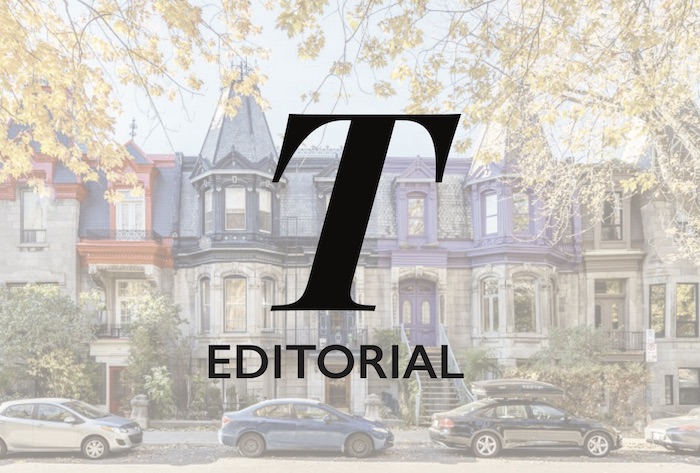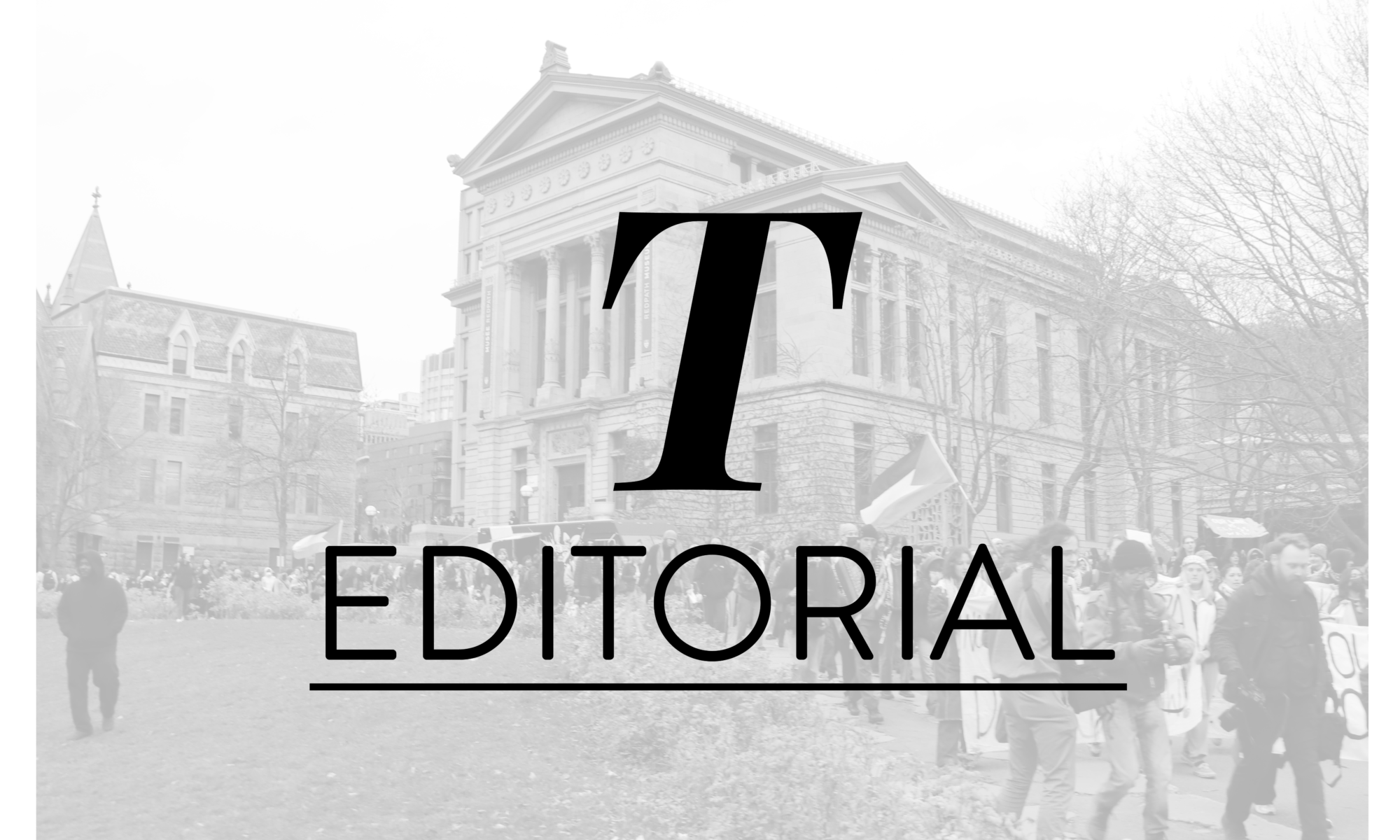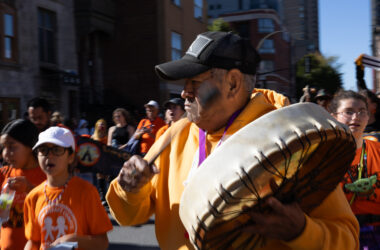Many McGill students will tell you that they went ‘home’ over the Thanksgiving long weekend. It’s a revealing statement: Despite spending eight months of the year in Montreal, for many, home still means somewhere else. However, the student body’s effect on the city is permanent. Neighbourhoods like the Plateau, Saint-Henri, and the Gay Village have transformed into desirable—and increasingly expensive—places to live, due in part to Montreal’s 170,000 students. Students are a key factor in the Plateau’s gentrification, and they should ensure that the neighbourhood retains its unique atmosphere and accessibility.
On Oct. 2, the Plateau-Mont-Royal borough council passed a new bylaw that restricts commercial short-term rentals, such as Airbnbs, to designated sections of St. Laurent and St. Denis. According to the bylaw’s preamble, the proliferation of unofficial hotels has led to quality-of-life concerns for residents, and increasing demand for short-term tourist lodgings risks displacing businesses. Like tourists, students are a major economic asset to the city, and, as with tourists, coexisting with students is not always easy for long-term residents.
According to Radio-Canada, the Plateau is one of Montreal’s most expensive neighbourhood, a fact at odds with its blue-collar roots. From the 1850s until the 1970s, the borough’s Mile End district was a multicultural landing pad for working-class European immigrants. But, as with other famous, culturally rich North American neighbourhoods like New York City’s SoHo, the Plateau has become a victim of its own success: The influx of demand for housing risks pricing out the people who made it so desirable in the first place.
Cities across North America have created policies to keep housing affordable, and Montreal should take note. In 2016, British Columbia instituted a 15 per cent tax on property purchases by foreign nationals, which has since been raised to 20 per cent. Toronto’s “Yes In My Backyard” (YIMBY) movement advocates for the development of new housing in the city. On Oct. 9, Montreal’s Executive Committee approved a $1.6 million investment in student housing in the Plateau. The project will create 90 new units that range from studios to four-bedroom suites. The city deserves praise for taking prompt and meaningful action.
However, rising demand for housing is not the only rationale for the Plateau-Mont-Royal’s new bylaw. According to Richard Ryan, the Mile End city councillor who introduced the bylaw, tourists occupying Airbnbs often leave garbage on the street and disturb local residents with excessive noise and partying. Unlike municipal housing legislation, common decency is a problem that students can solve on their own. It goes without saying that keeping the streets clean and minimizing Hype Week chants are basic neighbourly responsibilities.
However, truly integrating into a neighbourhood requires more than just common courtesy. While getting involved with initiatives outside of McGill can be intimidating and unfamiliar, this need not stop students from contributing to their communities. Volunteer opportunities are abound: Santropol Roulant, a meals-on-wheels service, creates community ties while providing an essential service. Sun Youth, a Plateau-based community-service charity that does everything from school supply distribution to neighbourhood bike patrols, has many opportunities for student volunteers. Some McGill courses, such as GEOG 494: Urban Field Studies, get students out into the city as part of the coursework, deepening their knowledge of Montreal’s physical and social geography. Even choosing to shop at locally-owned stores helps to ensure that neighbourhood institutions can stay open as operating costs rise.
Without the combined forces of policy and individual effort, gentrification risks erasing that which defines communities like the Plateau. Students impact the places they live in whether they invest in their communities or not. By treating the places they live in as they would their own homes, students can ensure that these changes are for the better—even if ‘going home’ means heading somewhere else.










don’t blame students for the Plateau’s gentrification, blame the rich Parisians who have taken the place over and set up all the Airbnbs.